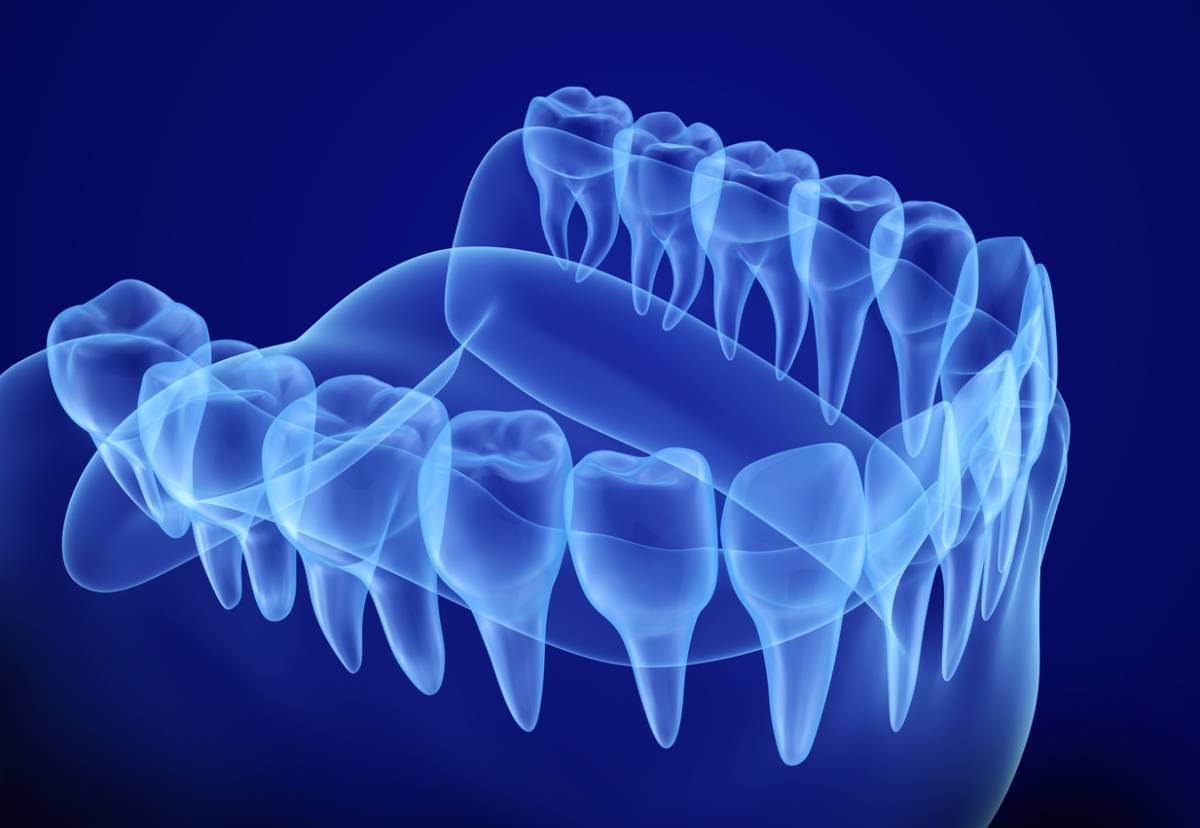Dental crowns are an effective restoration treatment for a damaged tooth. They are essentially caps that cover severely worn down, cracked, or weakened teeth. They are made from a variety of materials, including porcelain, ceramic, composite resin, zirconia, metal, or a combination of materials. While dental crowns are completely safe, you may be concerned if you are scheduled to get an MRI. Do dental crowns affect an MRI? Below you will find more information about dental crowns and how they can impact an MRI.
Do Dental Crowns Affect an MRI?
An MRI is a common medical tool used to look at your organs and other structures inside your body. It uses powerful magnetic fields to create the images doctors use to determine any issues occurring inside your body. Because of the powerful magnetic fields used, you may be concerned about the safety of an MRI if you have a dental crown. It is important to determine the type of metal found in your filling. Most fillings are safe, but anything with ferromagnetic metals can be a cause for concern. Ferromagnetic metals include iron, cobalt, nickel, and alloys such as stainless steel. These had use more often years ago, but can still end up found in people’s dental crowns.
Unlike ferromagnetic metals, crowns made of composite resin, porcelain, or gold do not pose any risk during an MRI. However, it is important to note that sometimes porcelain crowns are fused to metal. It is important to consult with your dentist before your MRI to determine the material used and any safety concerns related to getting an MRI.
In addition, share the information with your medical provider and the MRI technician to cover all of your bases. For the most part, getting an MRI with dental crowns is safe and not a major cause for concern. However, getting the go-ahead from your dentist is important as it is best to err on the side of caution.
Dental Records in Preparation for an MRI
Keeping your medical and dental records organized can be helpful if you ever need an MRI. Keep track of your dental procedures and file any information in your personal records for future reference. If you need to get a dental implant try and get ceramic, porcelain, or composite materials so you don’t have to worry about any issues with a potential future MRI.
Lastly, if you do need to get an MRI, contact your dental provider and medical provider to ensure they are both aware of your prior dental history. While it is rare that you would need to find an alternative diagnostic tool, it is important to avoid any unnecessary risks.

